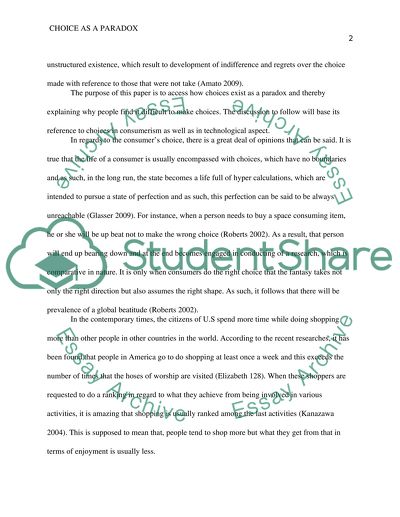Cite this document
(“The Choice in Consumerism to the Choice in Technological Aspects Research Paper”, n.d.)
The Choice in Consumerism to the Choice in Technological Aspects Research Paper. Retrieved from https://studentshare.org/family-consumer-science/1446769-the-tyranny-or-paradox-of-choice-explains-why
The Choice in Consumerism to the Choice in Technological Aspects Research Paper. Retrieved from https://studentshare.org/family-consumer-science/1446769-the-tyranny-or-paradox-of-choice-explains-why
(The Choice in Consumerism to the Choice in Technological Aspects Research Paper)
The Choice in Consumerism to the Choice in Technological Aspects Research Paper. https://studentshare.org/family-consumer-science/1446769-the-tyranny-or-paradox-of-choice-explains-why.
The Choice in Consumerism to the Choice in Technological Aspects Research Paper. https://studentshare.org/family-consumer-science/1446769-the-tyranny-or-paradox-of-choice-explains-why.
“The Choice in Consumerism to the Choice in Technological Aspects Research Paper”, n.d. https://studentshare.org/family-consumer-science/1446769-the-tyranny-or-paradox-of-choice-explains-why.


